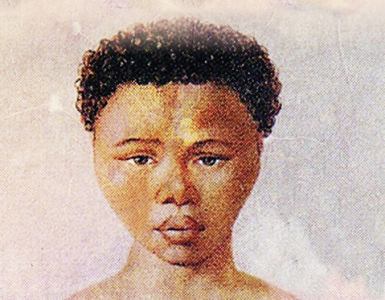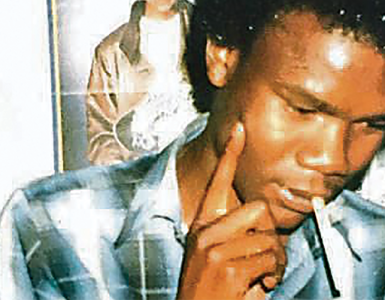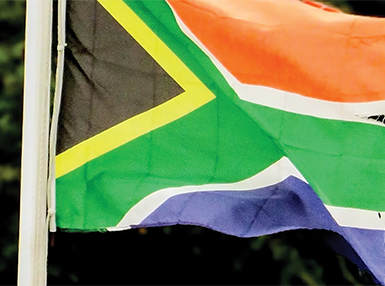LEVERAGE: The summit offers South Africa a rare opportunity to position African universities as global partners in fostering equitable development, writes Unisa vice-chancellor Professor Puleng LeNkabula…
By Puleng LenkaBula
As South Africa gears up to host the G20 Summit next year under the theme “Fostering Solidarity, Equality and Sustainable Development”, higher education’s transformative potential takes centre stage in shaping solutions for pressing global issues.
With a focus on tackling poverty, unemployment, inequality and advancing the African Union’s Agenda 2063, South Africa’s presidency of the G20 presents an opportunity for the country’s higher education institutions, such as the University of South Africa (Unisa), to demonstrate leadership in innovation, knowledge production and societal impact.
President Cyril Ramaphosa has outlined South Africa’s G20 agenda, prioritising issues like food security, climate change, digital technologies and global governance reforms.
These challenges align closely with the Sustainable Development Goals (SDGs), many of which depend on robust research and capacity-building frameworks.
Higher education institutions, especially in Africa, must rise to the occasion, bridging the gap between theoretical insights and practical solutions for global and regional challenges.
Unisa, Africa’s largest distance-learning institution, stands uniquely poised to contribute. By leveraging its vast reach and expertise in developing digital education tools, it can support the G20’s emphasis on digital transformation and artificial intelligence for societal benefit.
Moreover, its inclusive education model aligns with the broader theme of social solidarity, as it empowers individuals across socio-economic backgrounds to access knowledge and skills critical for addressing inequality and unemployment.
The global fight against hunger and poverty, another G20 priority, requires cutting-edge research on food security, sustainable agriculture and innovative economic systems.
Universities can act as think-tanks, offering interdisciplinary solutions to these multifaceted problems. For example, Unisa and other institutions can expand partnerships with governments and international bodies to pilot research-based interventions that are scalable and sustainable.
Similarly, addressing climate change demands collaboration between higher education institutions and policymakers to innovate energy transition strategies, enhance green technologies and develop sustainable infrastructure. South African universities are well-positioned to lead in this domain, given the country’s vast natural resources and pressing need for climate resilience.
The 2025 G20 Summit also offers South Africa an opportunity to champion education diplomacy, positioning African universities as global partners in fostering equitable development.
As G20 deliberations increasingly highlight the Global South’s unique challenges, institutions like Unisa can amplify African voices in international academic and policy circles, driving home the importance of higher education in achieving inclusive growth. Education’s role in empowering marginalised communities cannot be overstated, particularly in Africa, where access to quality education remains unequal.
By aligning academic programmes with G20 priorities, South African universities can serve as platforms for knowledge-sharing, skill-building and fostering a sense of global citizenship among the continent’s youth.
Hosting the G20 is both an honour and a challenge for South Africa. Beyond the logistical efforts, it represents a chance to showcase the country’s intellectual and cultural capital.
Higher education institutions can ensure that the G20 legacy in South Africa extends beyond the summit, creating a framework for sustainable development that benefits not just the nation, but the entire continent.
In preparation for the summit, institutions like Unisa could organise academic symposiums, policy dialogues and student-led initiatives that contribute directly to G20 discussions.
These efforts would position South Africa not only as a host but as a critical thought leader in shaping global solutions.
As the world converges on Johannesburg for the 2025 G20 Summit, higher education must play a pivotal role in ensuring that the discussions are grounded in evidence, innovation, and inclusivity.
The collaboration between universities, governments, and global stakeholders will be instrumental in achieving the vision of a just and sustainable world.
* Professor LenkaBula is Unisa was reappointed to her current position by the Unisa council this week for another five years































